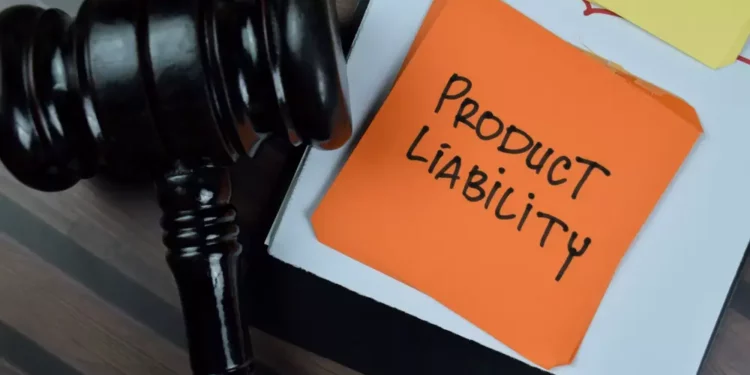Did you know that consumers have legal rights protecting them against injuries from using consumer products? Research in 2021 shows around 11.7 million individuals in the US visiting emergency rooms because of consumer product-related injuries. Product liability laws help govern such situations, guiding all victims on when and how to claim compensation.
You can sue an individual or corporation for compensation if you experience injuries as a result of a problem with a product. It would be wise to consider legal advice from a product liability lawyer from The Bruning Law Firm before filing your lawsuit. This article discusses product liability law and how and when to sue.
Product Liability Explained
Product liability is the legal obligation manufacturers and retailers have if consumers get harmed by a defective product. When you buy a product, you have the right not to expect any injuries if you use it as intended. If you get hurt, then there was an issue with the item, and you can pursue a civil claim for compensation.
These laws govern consumer-violated cases and determine whether the manufacturer or seller should be held accountable and pay out the claim. The entity responsible for the defect will compensate the complainants and face the necessary consequences.
Case Examples that Qualify for Product Liability
There are different approaches your product liability lawyer will help obtain recovery. In most cases, they’ll examine all angles, from negligence and strict liability to breach of warranty, until you build a strong case. Note that the approach does not affect the compensation value of the product liability case.
The following are examples of product liability claims you need to know:
Design Defects
These are products that come with a flawed design from the factory. An excellent example of a design defect is a vehicle built with a high center of gravity, making it likely to roll over and cause injuries. You’ll sue the vehicle manufacturing plant for product liability in this case.
Manufacturing Defects
Problems with a product can also occur during its manufacturing stages. A vehicle assembly plant may leave out a small but crucial piece when building a unit, increasing the chances of getting in an accident. The vehicle manufacturer and the parts manufacturer should be held accountable for the accident.
Breach of Warranty
There are two types of warranties for consumer products. An express warranty is a written guarantee from the manufacturer to cover the damages inflicted in case of a defective product. On the other hand, implied warranties are not written down but implied by law or circumstance.
You should sue for product liability if the product violates the terms of your warranty. It would help to know a product’s warranty classification and terms to help build a stronger case against the insurance company.
Failure to Warn
Not all products are 100% safe, and preventing some things from going sideways is practically impossible. However, manufacturers are required to disclose any risks or side effects associated with using a specific product. If they do not provide this information, you can sue for product liability because of failure to warn.
Who Can Sue for Product Liability?
In most states, anyone who experienced injuries from using a defective product can file a product liability lawsuit against the responsible manufacturer. In the past, the privity of contract had to exist for you to claim compensation for product liability. It meant that only the purchaser could pursue a defective product’s claim. Luckily, most states no longer take the privity of contracts as a requirement.
You can sue for product liability if you experience injuries from using defective products. It would be wise to consider the services of a product liability lawyer to help gather evidence, negotiate a settlement or pursue a lawsuit to secure satisfactory compensation.
Also, Read: Why You Should Reguarly Clean Your Driver Vent

















